Bergen County Basement Waterproofing
Protect Your New Jersey Home with Expert Basement Waterproofing
Our team is dedicated to helping homeowners across New Jersey safeguard their homes against the effects of water infiltration, providing expert waterproofing solutions tailored to the unique needs and challenges of each property.
Protect Your New Jersey Home with Expert Basement Waterproofing
In recent years, the wetter falls and winters experienced in New Jersey have led to an increase in the demand for basement waterproofing services. The combination of heavy rainfall, melting snow, and fluctuating temperatures can exacerbate existing moisture issues and create new challenges for homeowners. Legacy General Construction has witnessed firsthand how these weather patterns have contributed to a rise in waterproofing jobs, as homeowners seek proactive solutions to protect their properties from water damage and structural deterioration. Our team is dedicated to helping homeowners across New Jersey safeguard their homes against the effects of water infiltration, providing expert waterproofing solutions tailored to the unique needs and challenges of each property.
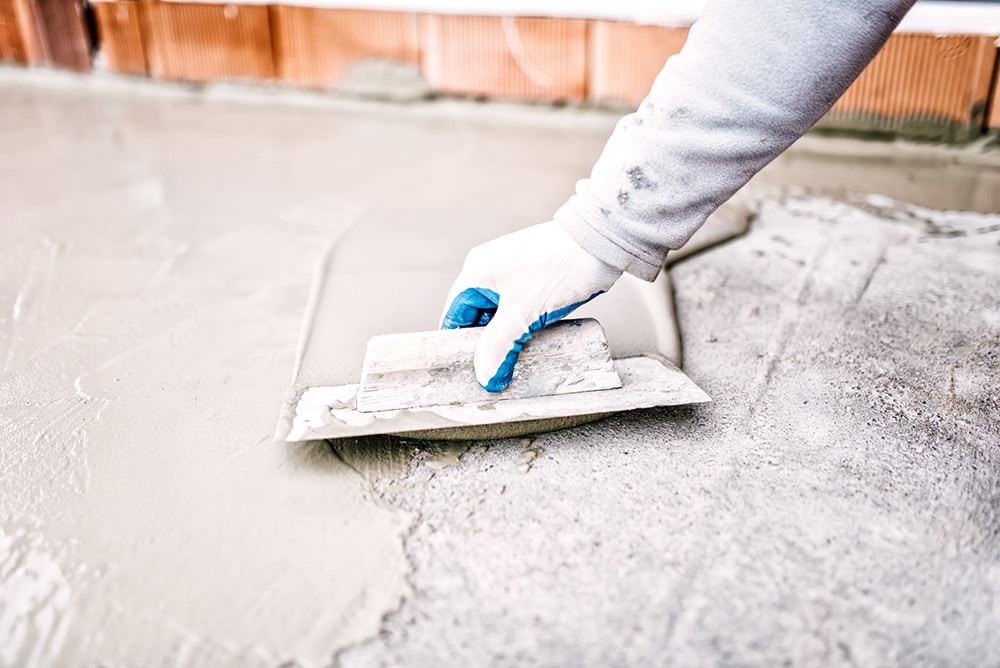
Basement waterproofing is essential for maintaining the structural integrity and safety of your home, especially in areas prone to moisture intrusion and flooding. Understanding when basement waterproofing is needed, the various types of waterproofing and drainage systems available, and the problems solved with basement waterproofing can help you make informed decisions to protect your property.
When is Basement Waterproofing Needed?
Basement waterproofing becomes necessary when moisture infiltrates your basement, leading to issues such as mold growth, structural damage, and health hazards. Here are some signs that indicate the need for basement waterproofing:
Water Seepage
If you notice water seeping through cracks in the walls or floor of your basement, it’s a clear indication of moisture infiltration that requires immediate attention.
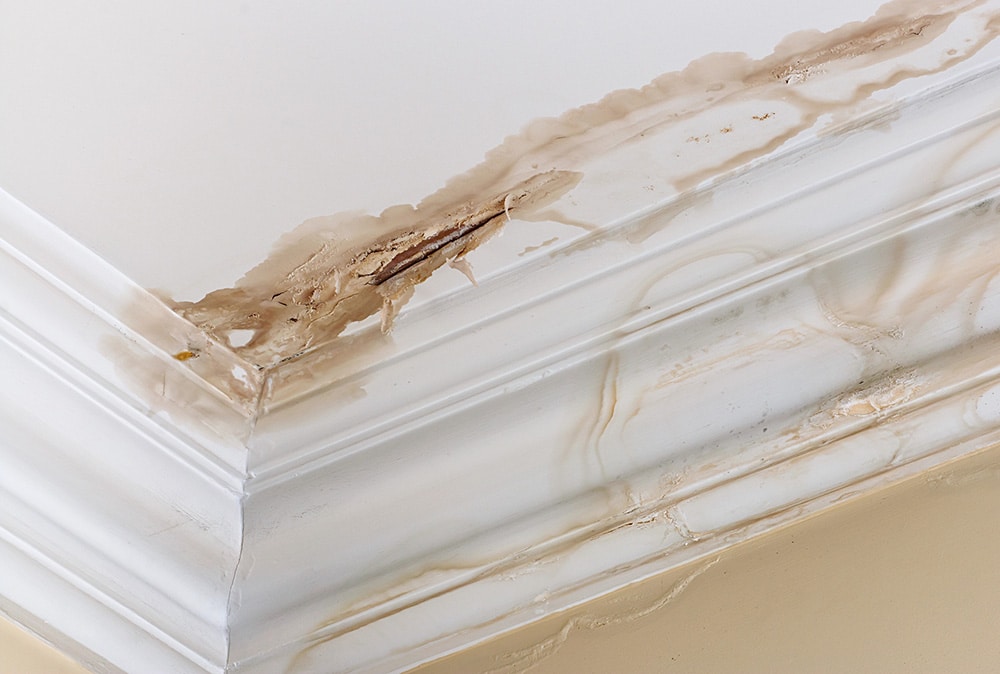
Dampness or Mold
Dampness or mold growth in your basement can indicate prolonged moisture exposure, which poses health risks and compromises indoor air quality.
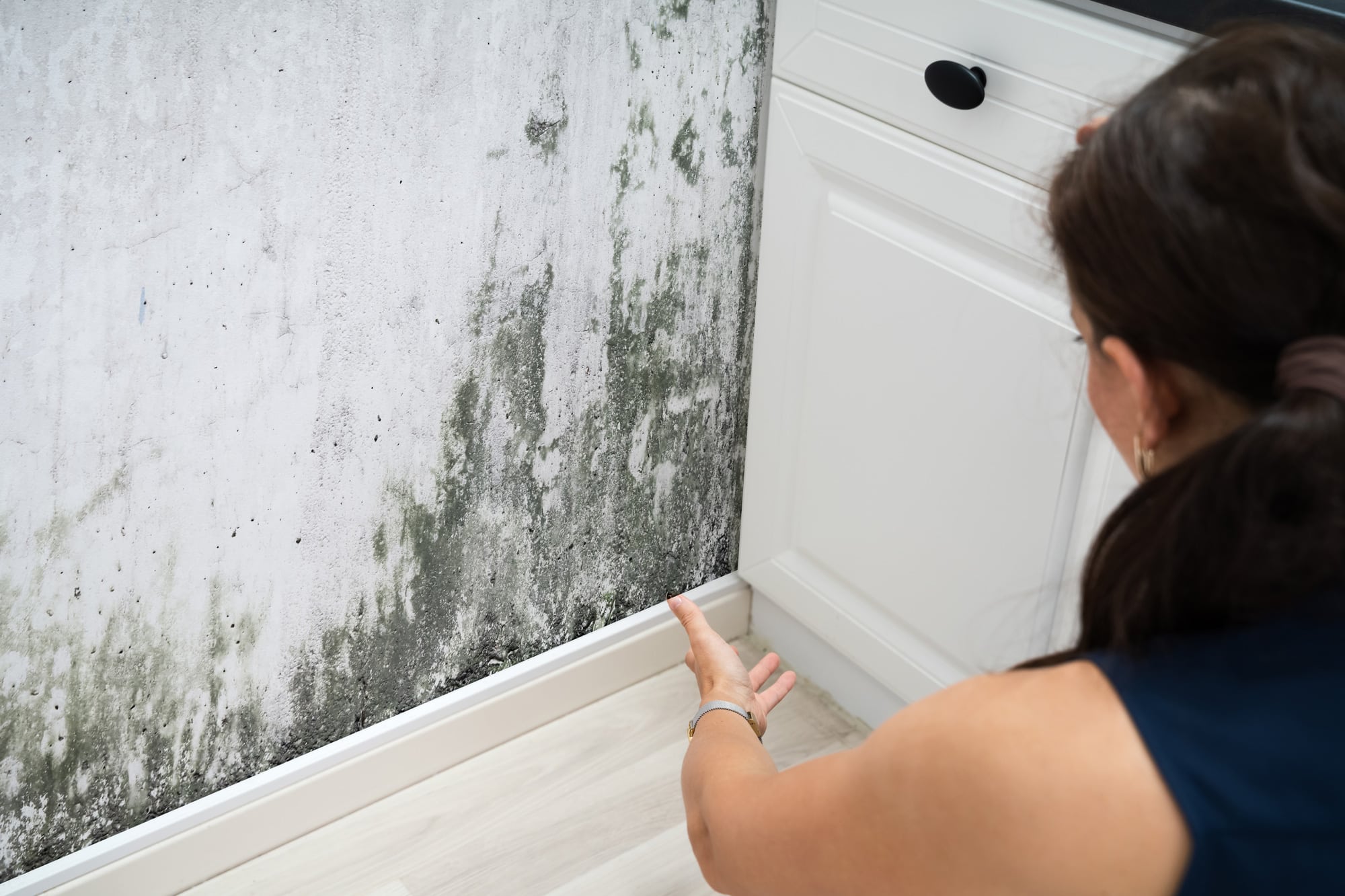
Musty Odors
Musty or stale odors in the basement may result from mold and mildew growth caused by excessive moisture, indicating the need for waterproofing to address the underlying issue.
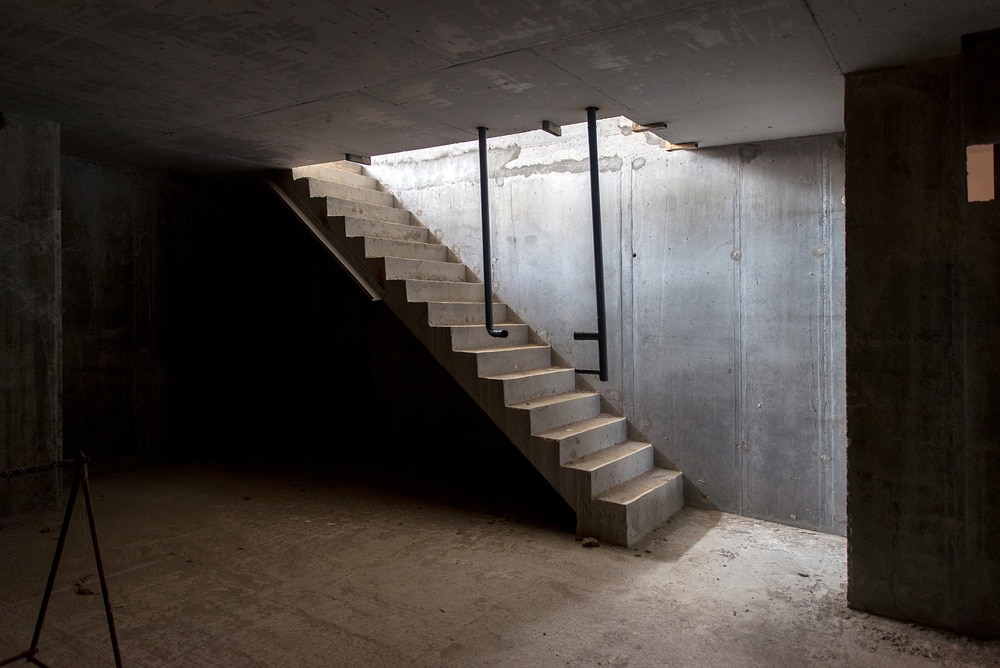
Efflorescence
Efflorescence, a white, powdery substance on basement walls or floors, is a sign of water seepage and mineral deposits left behind as water evaporates.
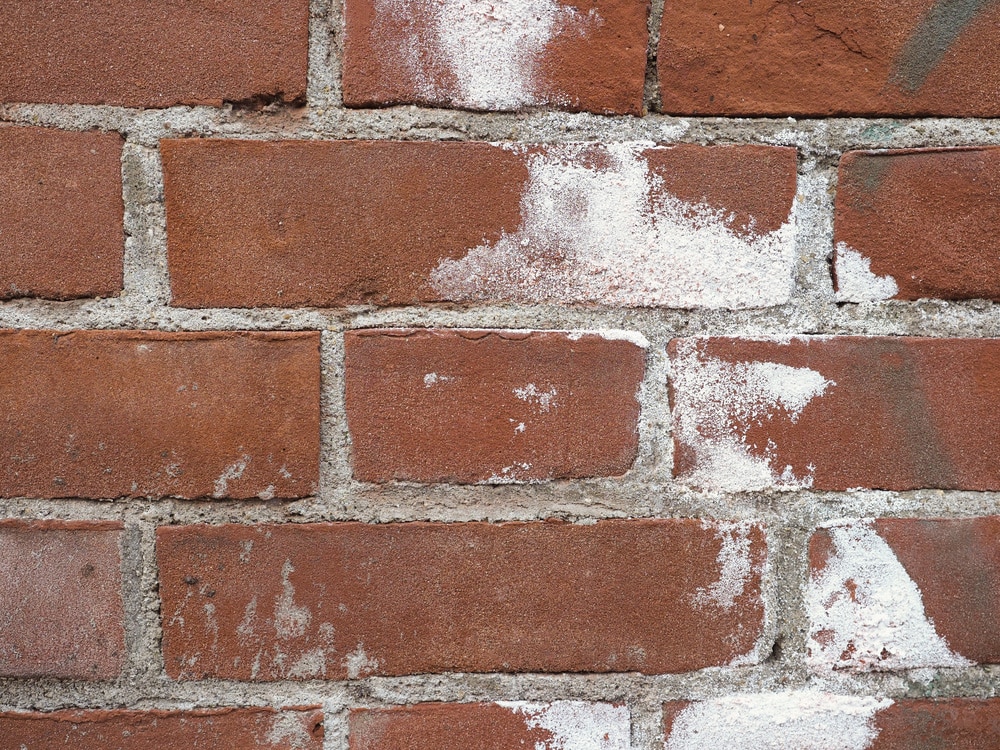
Cracks or Leaks
Cracks in the basement walls or floor, as well as leaks around windows, doors, or foundation penetrations, can allow water to enter your basement, requiring waterproofing to prevent further damage.
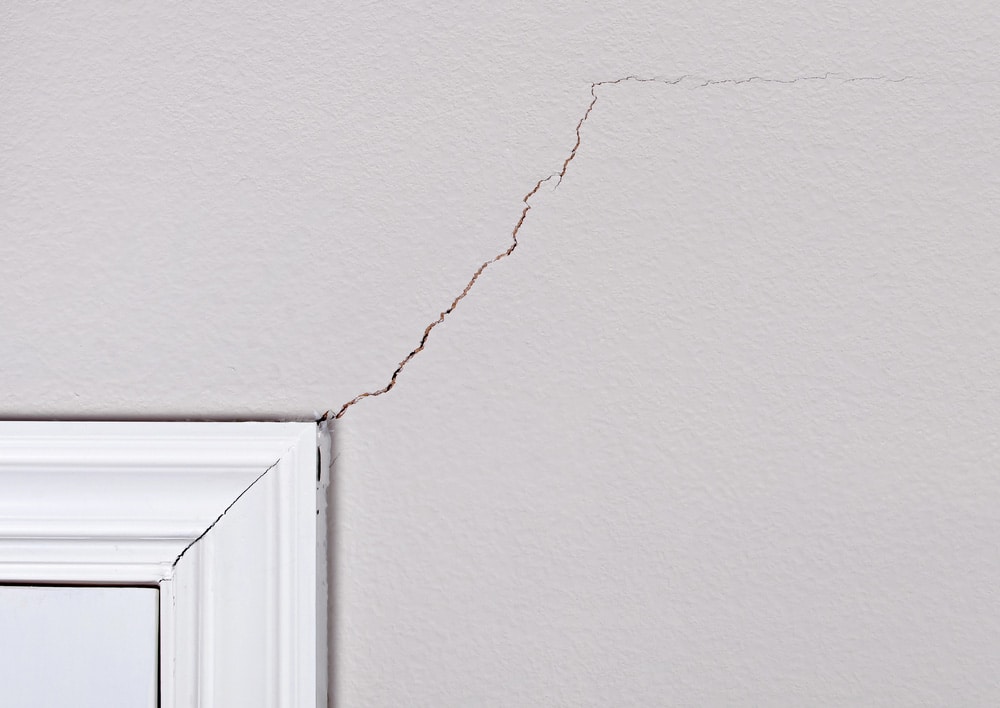
Types of Basement Waterproofing and Drainage Systems
Several types of basement waterproofing and drainage systems are available to address different moisture issues and structural conditions. These include:
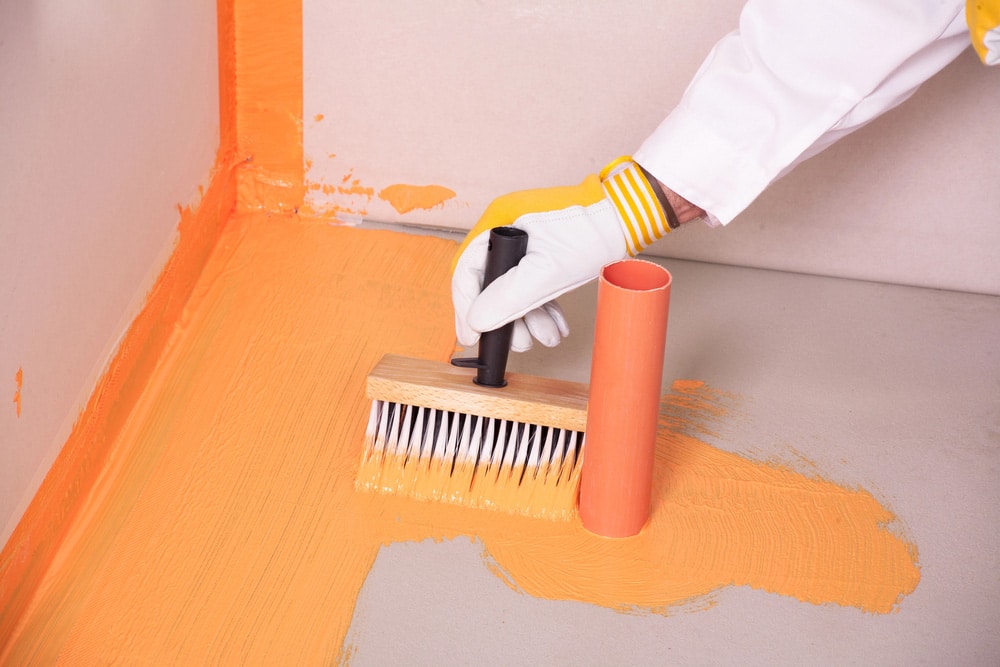
Interior Waterproofing
Interior waterproofing methods involve applying waterproof coatings or sealants to the interior surfaces of the basement walls and floors to prevent moisture infiltration. This approach is suitable for addressing minor water seepage issues but may not be effective for severe leaks or flooding.
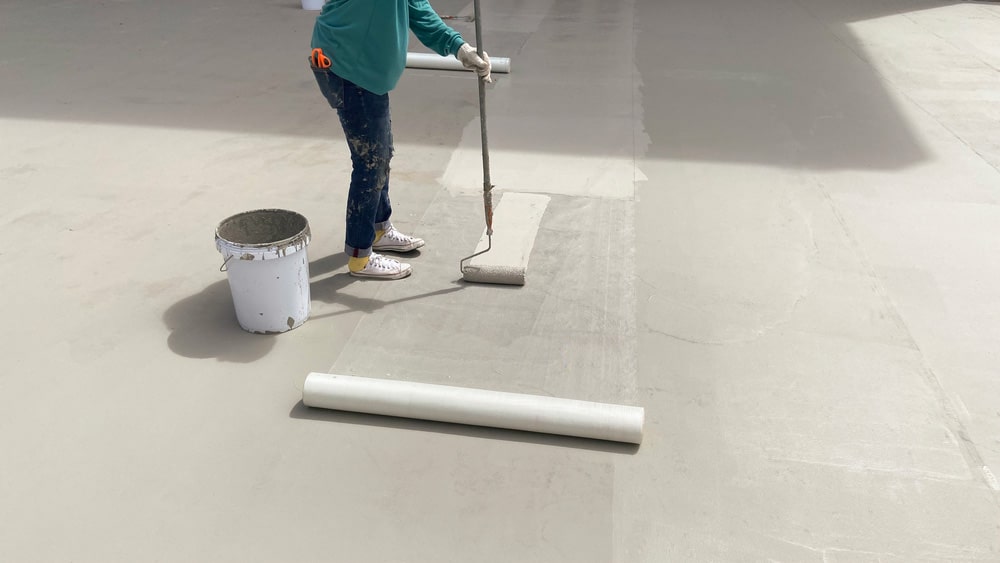
Exterior Waterproofing
Exterior waterproofing involves excavating the soil around the foundation to apply waterproof membranes, drainage panels, or coatings to the exterior surfaces of the foundation walls. This method prevents water from entering the basement from the outside and is effective for addressing severe moisture problems and preventing structural damage.
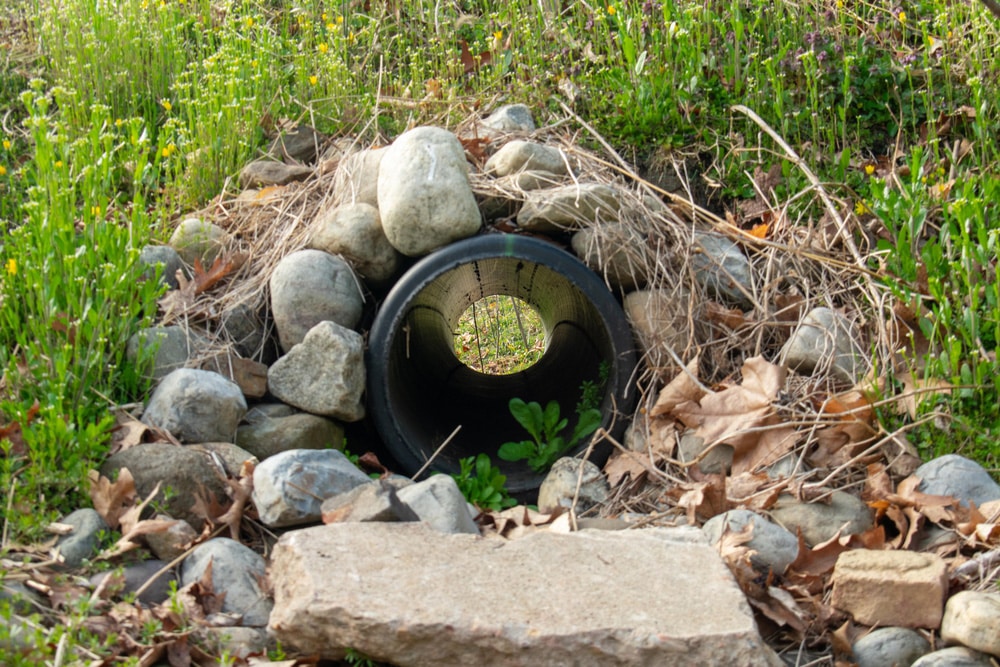
French Drains
French drains are installed around the perimeter of the basement to collect groundwater and divert it away from the foundation. These drains consist of perforated pipes surrounded by gravel or drainage fabric, allowing water to flow freely while preventing soil erosion and hydrostatic pressure buildup.
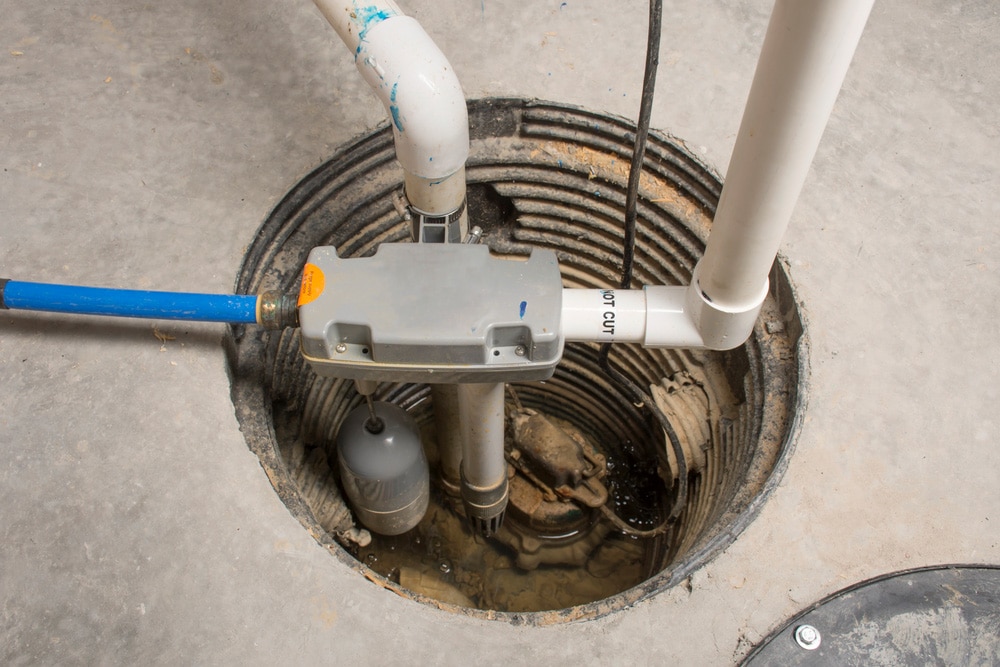
Sump Pump Systems
Sump pumps are installed in the basement to remove excess water that collects in a sump pit or basin. When groundwater levels rise above a certain threshold, the sump pump activates, pumping water out of the basement and away from the foundation to prevent flooding and water damage.
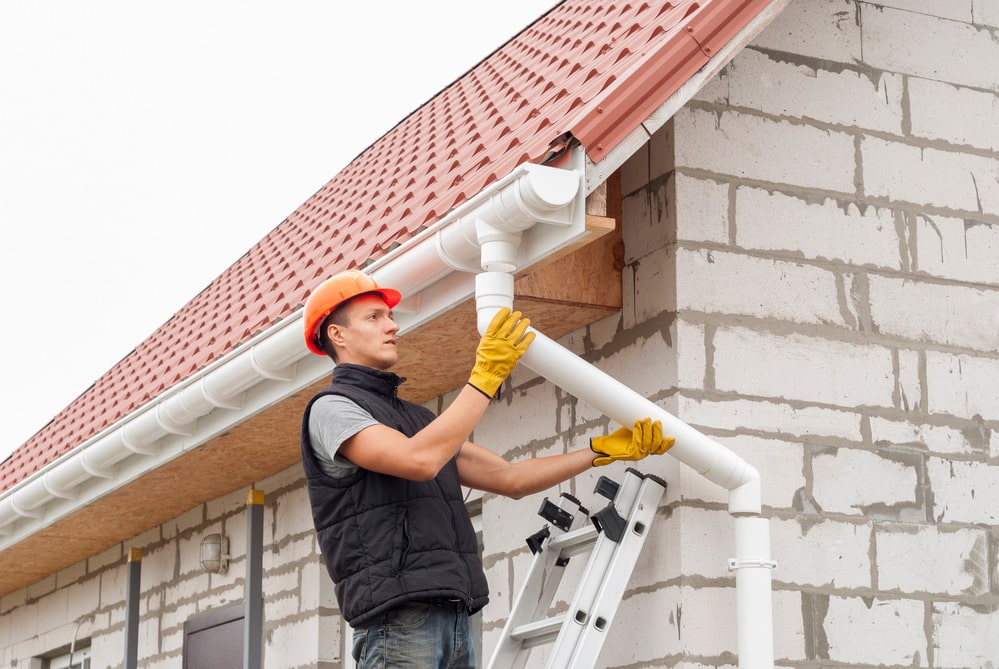
Exterior Drainage Systems
Exterior drainage systems, such as gutter downspouts, grading improvements, and surface drainage solutions, help divert rainwater away from the foundation to prevent water infiltration and soil saturation around the basement walls.
Problems Solved with Basement Waterproofing
Basement waterproofing addresses various issues caused by moisture intrusion and water damage, including:
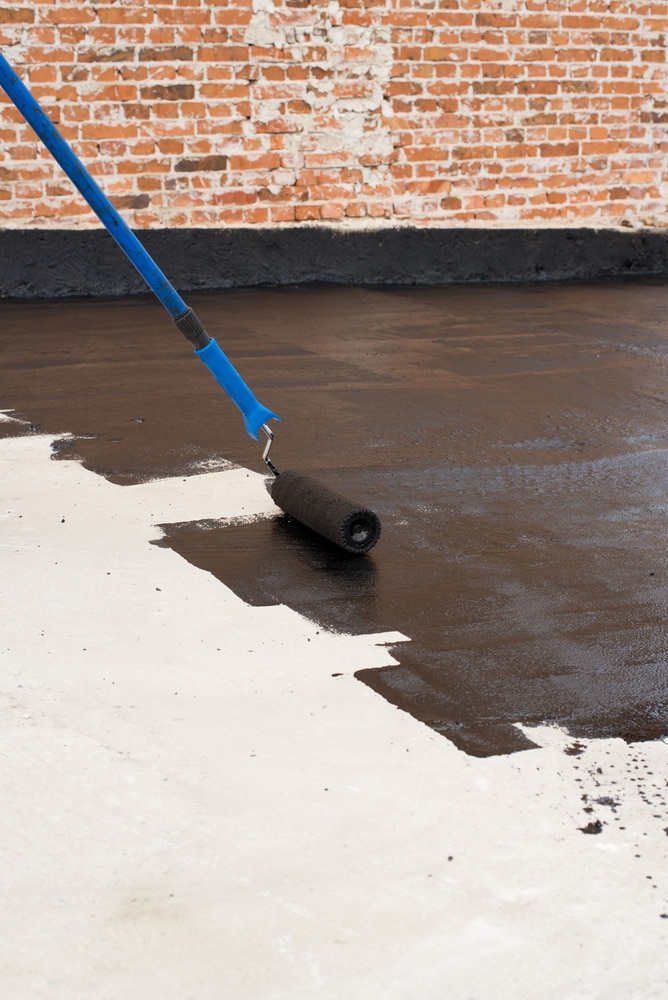
Mold and Mildew Growth
Basement waterproofing prevents moisture buildup, reducing the risk of mold and mildew growth, which can cause respiratory issues and compromise indoor air quality.
Structural Damage
Excessive moisture can weaken the structural integrity of the basement walls and floors, leading to cracks, bowing, or collapse. Waterproofing protects against structural damage and prolongs the lifespan of your home’s foundation.
Dampness and Humidity
Waterproofing eliminates dampness and humidity in the basement, creating a dry, comfortable living environment and preventing musty odors and moisture-related issues.
Water Damage
Waterproofing safeguards your belongings and valuables stored in the basement from water damage, such as rot, rust, and decay, preserving their condition and value.

Foundation Leaks
Basement waterproofing seals cracks and leaks in the foundation walls and floor, preventing water seepage and infiltration that can lead to flooding and property damage.
Health Hazards
By reducing moisture levels and preventing mold growth, basement waterproofing minimizes health hazards associated with mold exposure, such as allergies, asthma, and respiratory infections.
In conclusion, basement waterproofing is essential for protecting your home against moisture intrusion, structural damage, and health hazards. By understanding when waterproofing is needed, the different types of waterproofing and drainage systems available, and the problems solved with basement waterproofing, you can ensure the long-term stability and safety of your property. Contact Legacy General Construction today to learn more about our comprehensive basement waterproofing solutions and schedule a consultation.
Waterproof Your Basement, Protect Your Home
Guard against moisture and leaks with our expert basement waterproofing services. Ensure a dry, safe foundation for your home today.

